Whether you are launching a new website or redesigning an existing one, it can be a daunting and pulse raising task. Undertaking the appropriate pre-launch checks is the best way of ensuring a smooth launch.
- More technical users
- Those who operate using a LAMP environment. Principles still apply for Microsoft users, however the explanations may not apply to your environment.






